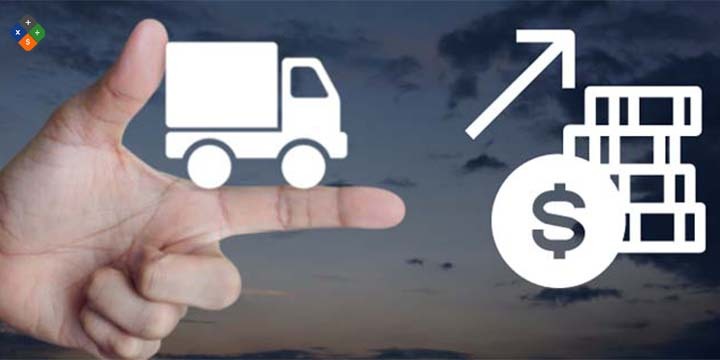- info@bookkeepingproservices.com
- 1390 W. 6th St. #120 Corona, CA 92882
Trucking Bookkeeping: 9 Essential Tips to Keep Truckers’ Finances in Order
sfsdfsdfsdf

Trucking Bookkeeping: 9 Essential Tips to Keep Truckers’ Finances in Order
Truckers have a lot going on. With long-distance deliveries, managing schedules, and maintaining vehicles, there isn't always much time for bookkeeping for the trucking business. However, bookkeeping is just as important for truckers as it is for independent contractors in other industries. The trucking bookkeeping process is very detailed, necessitating the organization of your documents, receipts, and transactions.
There are methods for keeping your finances in order without having to do it all at once. Truckers can avoid certain tax issues by organizing their trucking business bookkeeping and finances. As a trucker, keeping track of your expenses and income can be challenging. However, trucking bookkeeping is essential to keep your finances in order and make informed business decisions. In this blog post, we will discuss 9 tips for effective trucking bookkeeping.
Trucking Bookkeeping: 9 Essential Tips
1. Keep Track of Your Expenses for Accurate Trucking Bookkeeping
The first step in effective trucking bookkeeping is to keep track of all your expenses. This includes fuel, repairs, insurance, permits, tolls, and any other expenses related to your business. You can use a spreadsheet or an app to record your expenses. Be sure to save receipts and invoices as proof of your expenses.
2. Record Your Income
In addition to tracking expenses, it's important to record your income. This includes payments from clients, settlements, and any other income related to your business. You can use the same spreadsheet or app to record your income. Make sure to save copies of your invoices and settlement statements.
3. Keep Personal and Business Finances Separate (Best Trucking Bookkeeping Advice)
It's important to keep your personal and business finances separate. This means having a separate bank account for your business and using it exclusively for your business expenses and income. Mixing personal and business finances can make it difficult to keep track of your expenses and income, and can also cause tax problems.
4. Use Accounting Software for Trucking Bookkeeping
Using accounting software can make trucking bookkeeping much easier. Accounting software can help you keep track of your expenses and income, create reports, and even file your taxes. Some popular accounting software options for truckers include QuickBooks and Truck Logics.
5. Hire a Professional for your Trucking Business
If you're struggling with trucking bookkeeping or simply don't have the time, you may want to consider hiring a professional bookkeeper. A bookkeeper can help you keep your finances in order, file your taxes, and even provide financial advice. Just be sure to hire a bookkeeper who is experienced in trucking bookkeeping and understands the unique needs of your business.
6. Stay Organized
Staying organized is key to effective trucking bookkeeping. This means keeping all your receipts, invoices, and settlement statements in one place. You can use a filing system or a digital organization tool to keep everything in order. Being organized will make it much easier to keep track of your small business expenses and income, and will also make tax time much less stressful.
7. Track Your Mileage
Tracking your mileage is another important aspect of trucking bookkeeping. This includes tracking both personal and business mileage. You can use a mileage logbook or an app to keep track of your mileage. This will help you calculate your expenses and deductions, and will also help you stay compliant with IRS regulations.
8. Set Aside Money for Taxes
One of the biggest mistakes truckers make when it comes to small business bookkeeping is not setting aside enough money for taxes. As some self-employed truckers, you are responsible for paying your own taxes. Make sure to set aside a portion of your income for taxes each month, so you're not caught off guard come tax time.
9. Review Your Finances Regularly
Finally, it's important to review your finances regularly. This means looking at your income and expenses each month and comparing them to previous months or years. Regularly reviewing your finances will help you identify any areas where you can cut expenses or increase income. It will also help you make informed business decisions.
In conclusion, effective trucking bookkeeping is essential for any trucker who wants to keep their finances in order and make informed business decisions. By keeping track of your expenses and income, using accounting software, hiring a professional like Bookkeeping Pro services, staying organized, tracking your mileage, setting aside money for taxes, and reviewing your finances regularly, you can ensure your business is successful and profitable.

